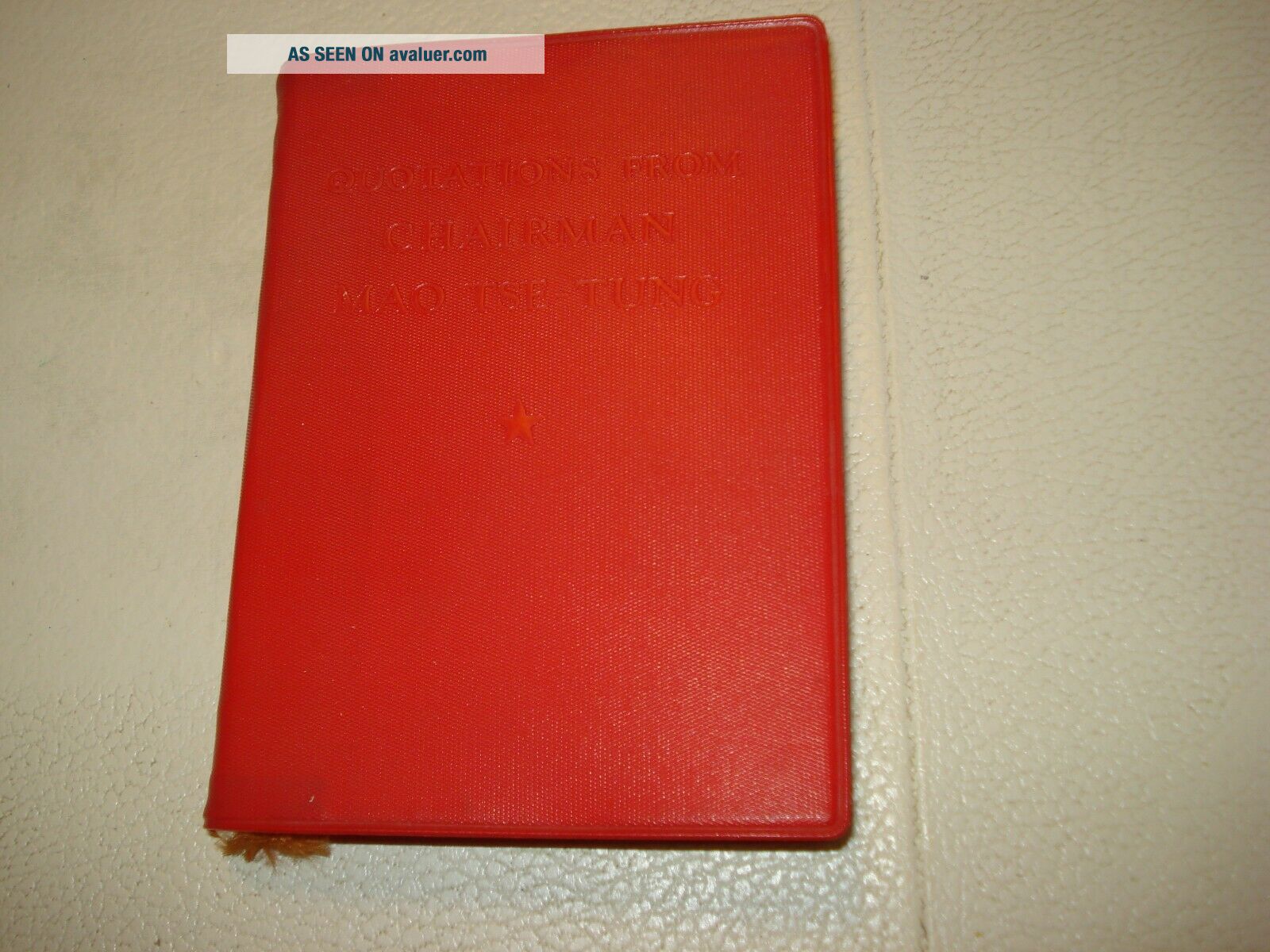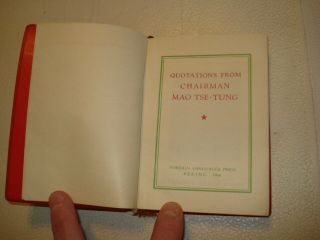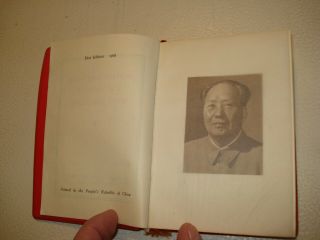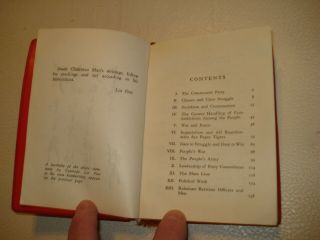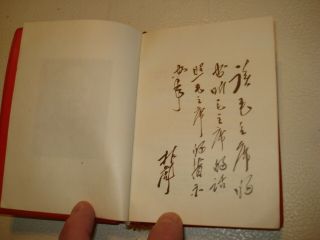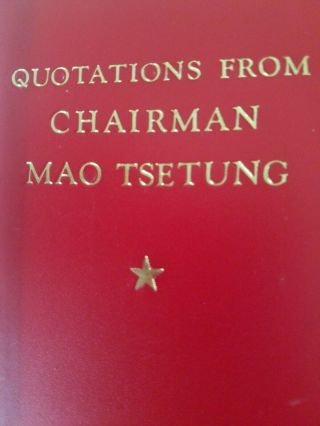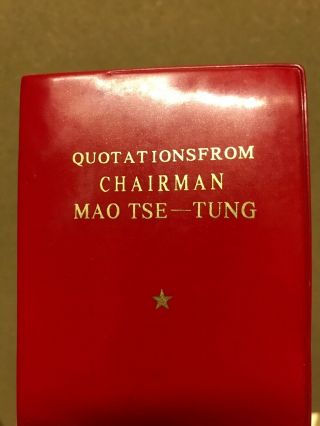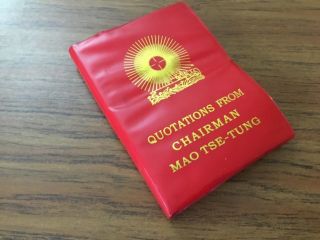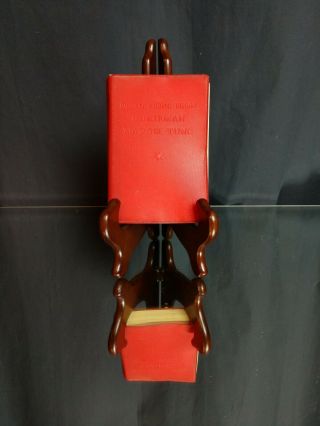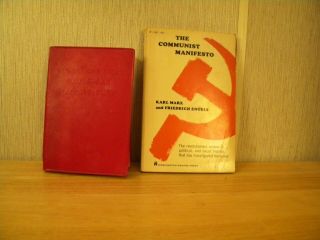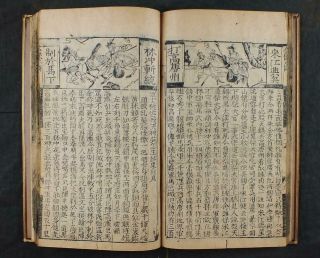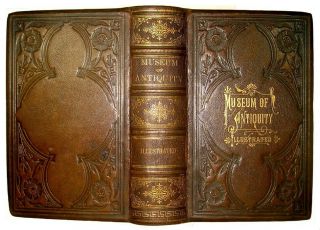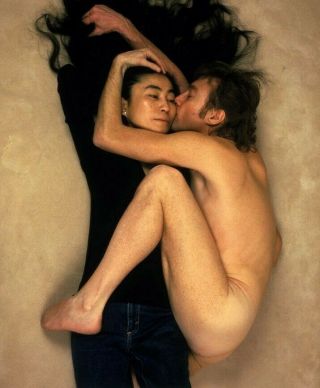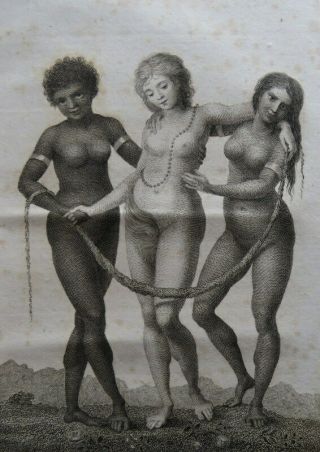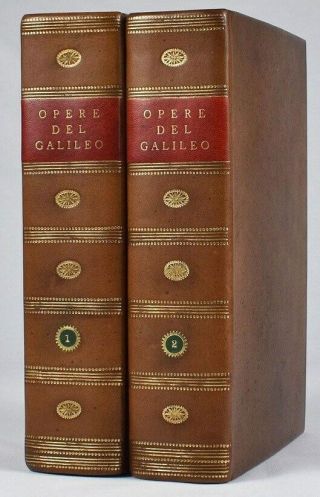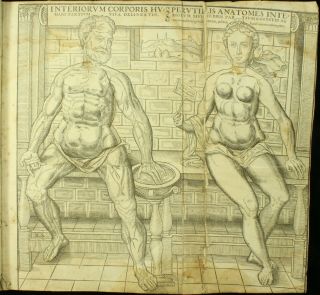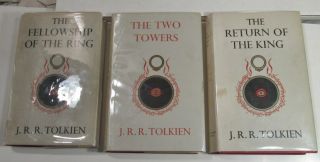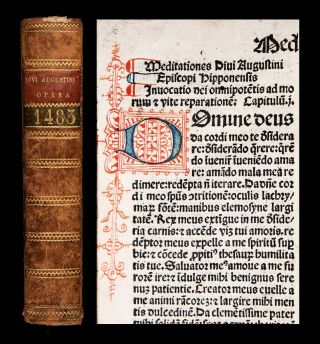1966 QUOTATIONS FROM CHAIRMAN MAO TSE - TUNG 1st Edition English LITTLE RED BOOK
Item History & Price
QUOTATIONS FROM CHAIRMAN MAO TSE-TUNG1966Stated First Edition
In English
Vintage Book
Published By: Foreign Languages PressPekingPrinted in the People's Republic of China312 Pages...
Condition: This book has wear including scuffing, some stains, age toning, ribbon page marker is frayed and at least one page has underlining-(see pic 9) .We try to take a lot of pictures so, please look at all of the pictures as sometimes it is possible we may have missed something.
--------------------------------------------------------
some info from wikipedia
Quotations from Chairman Mao Tse-tung (simplified Chinese: 毛主席语录; traditional Chinese: 毛主席語錄; pinyin: Máo Zhǔxí Yǔlù) is a book of statements from speeches and writings by Mao Zedong (formerly romanized as Mao Tse-tung), the former Chairman of the Communist Party of China, published from 1964 to about 1976 and widely distributed during the Cultural Revolution.
The most popular versions were printed in small sizes that could be easily carried and were bound in bright red covers, becoming commonly known in the West as the Little Red Book.Quotations from Chairman Mao Tse-tung was originally compiled by an office of the PLA Daily (People's Liberation Army Daily) as an inspirational political and military document. The initial publication covered 23 topics with 200 selected quotations by the Chairman of the Chinese Communist Party, and was entitled 200 Quotations from Chairman Mao. It was first given to delegates of a conference on 5 January 1964 who were asked to comment on it. In response to the views of the deputies and compilers of the book, the work was expanded to address 25 topics with 267 quotations, and the title was changed simply to Quotations from Chairman Mao Tse-Tung.
On 10 January, the work was re-issued to the delegates and sent to select units of the People's Liberation Army who received their advance copies for educating troops as well as for their comments. In May 1964, the PLA General Political Department, the chief political organ under Central Military Commission, revised Quotations, adding a half title page with the slogan "Workers of the world, unite!" (全世界的无产阶级,联合起来!) in bold red letters, and endorsement leaves written by Lin Biao, Mao's chosen successor, that included three lines from the diary of revolutionary soldier Lei Feng who is considered a hero in China. This version was issued "for internal use" to the military leaders. Following discussions that expanded the book twice more—finally closing on 33 topics and 427 quotations by Mao—the commission began publishing the definitive version in May 1965.[citation needed] At the end of 1965, the Central Committee of the Communist Party of China officially approved the book for publication by the People's Publishing House and for distribution within China by the Xinhua Bookstore.
The Ministry of Culture held special study meetings to develop a production and distribution plan. It sought assurances that the book would receive publishing priority and that there would be sufficient paper, ink, and printing presses available. The goal was for "ninety-nine percent (of the population of China to) read Chairman Mao's book", according to a catalogue of publication records of the People's Publishing House.[citation needed] Provinces, municipalities, and autonomous regions across China were ordered to build hundreds of new printing houses to publish the Quotations during the second half of 1966 which pushed the limits of the Chinese printing industry.
This disrupted plans for publishing any new volumes of The Complete Works of Marx and Engels that was already in progress. It also halted distribution of other ideological works. As late as 1970, more than 8 million copies of the 4-volume set of Selected Works of Marx and Engels that had already been printed (both in cloth hardcover and paperback) remained undistributed in storage warehouses on the grounds that other works "should not interfere with learning Quotations from Chairman Mao Tse-Tung".
On the other hand, several other works by Mao had very large printings during the same period, even though these editions were not produced in the huge numbers of Quotations from Chairman Mao. These include Selected Works of Mao Zedong (in four volumes, 2.875 million copies in 14 languages), Selected Articles of Mao Zedong (various editions totalling 252 million copies), single article books, and works of poetry.In 1966, the Publicity Department of the Communist Party of China approved Quotations from Chairman Mao for export. To meet overseas requirements, the editors of the Chinese Foreign Languages Press made revisions necessitated by the situation. They added a "second edition preface" endorsement by Lin Biao, dated 16 December 1966 (which was torn out following Lin Biao's death and public disgrace in September 1971). On the last page, they listed the names of the publisher (PLA General Political Department) without an ISBN, the printer and distributor (both Xinhua Bookstore), and the publication year.
By May 1967, bookstores in 117 countries and territories around the world – including Great Britain, France, Spain, Japan, the Soviet Union, Germany, Italy, Nepal, Indonesia, Burma, Iran, Arab and African nations and others – were distributing Mao's Quotations. Foreign presses operating in 20 countries contributed to the publication of 20 translations in 35 versions.The Little Red Book has produced a wide array of sales and distribution figures. Some sources claim that over 6.5 billion printed volumes have been distributed in total, others contend that the distribution ran into the "billions, and others cite "over a billion" official volumes between 1966 and 1969 alone as well as "untold numbers of unofficial local reprints and unofficial translations."
The book's popularity may be because it was essentially an unofficial requirement for every Chinese citizen to own, to read, and to carry it at all times during the latter half of Mao's rule, especially during the Cultural Revolution.The most widely produced editions of the Quotations of Chairman Mao were published with a printed red vinyl cover wrapper over cardboard with pages bound in 64 folios that included colour photos of Mao. Other editions of the book were covered in cloth, silk, leather, paper, and other materials.
Most editions were produced in a functional, compact size that fitted into a pocket, were easy to carry, and could be taken out at any time "for practice, learning, application." It was published in 32 other common sizes, allegedly the largest format printed on only 4 pages as large as the newspaper Reference News, and the smallest format the size of a matchbox.oday in China, the book is a symbol of Mao Zedong Thought. The tradition of the ritual chanting of slogans originated with Lin Biao, whom Mao Zedong met in the Red Guard. Among the best known is: "Saying Wansui (literally: 10, 000 years old) in their mouths, holding the Quotations (from Chairman Mao) in their hands!" (Chinese: 万岁不离口,语录不离手!) which became a cliché of dogmatism or formalist irony.In certain situations, the Quotations is given as a gift, for example, when public funds are involved, or when personal events arise, such as congratulating newlyweds, and so on.
Foreign press report called the work "The Little Red Book", reflecting its common small size and bright cover. After the Cultural Revolution ended, some Chinese people also adopted the nickname (back-translated into Chinese as "The Treasured Red Book") simplified Chinese: 红宝书; traditional Chinese: 紅寶書; pinyin: hóng bǎoshū.
During the 1960s, the book was the single most visible icon in mainland China, even more visible than the image of the Chairman himself. In posters and pictures created by CPC's propaganda artists, nearly every painted character, whether smiling or looking determined, was seen with a copy of the book in his or her hand.[citation needed] After the end of the Cultural Revolution in 1976 and the rise of Deng Xiaoping in 1978, the importance of the book waned considerably, and the glorification of Mao's quotations was considered to be left deviationism and a cult of personality.
Today in China, the book Quotations from Chairman Mao Tse-Tung is mostly a piece of nostalgia. Various editions are popular with some collectors, and rare and unusual printings command extremely high prices. It may be purchased at shops in Beijing, Shanghai, other major cities in China, as well as at some tourist attractions.Quotations from Chairman Mao Tse-Tung consists of 427 quotations, organized thematically into 33 chapters. It is also called "Thoughts of Chairman Mao" by many Chinese people. The quotations range in length from a sentence to a few short paragraphs, and borrow heavily from a group of about two dozen documents in the four volumes of Mao's Selected Works.
In the book's latter half, a strong empiricist tendency evidences itself in Mao's thought.[citation needed] Usually the quotations are arranged logically, to deal with one to three themes in the development of a chapter.
Mao Zedong December 26, 1893 – September 9, 1976, also known as Chairman Mao, was a Chinese communist revolutionary who became the founding father of the People's Republic of China, which he ruled as the Chairman of the Communist Party of China from its establishment in 1949 until his death in 1976. His theories, military strategies, and political policies are collectively known as Maoism.
Mao was the son of a wealthy farmer in Shaoshan, Hunan. He had a Chinese nationalist and anti-imperialist outlook early in his life, and was particularly influenced by the events of the Xinhai Revolution of 1911 and May Fourth Movement of 1919. He later adopted Marxism–Leninism while working at Peking University, and became a founding member of the Communist Party of China (CPC), leading the Autumn Harvest Uprising in 1927. During the Chinese Civil War between the Kuomintang (KMT) and the CPC, Mao helped to found the Chinese Workers' and Peasants' Red Army, led the Jiangxi Soviet's radical land policies, and ultimately became head of the CPC during the Long March. Although the CPC temporarily allied with the KMT under the United Front during the Second Sino-Japanese War (1937–1945), China's civil war resumed after Japan's surrender and in 1949 Mao's forces defeated the Nationalist government, which withdrew to Taiwan.
On October 1, 1949, Mao proclaimed the foundation of the People's Republic of China (PRC), a single-party state controlled by the CPC. In the following years he solidified his control through land reforms and through a psychological victory in the Korean War, as well as through campaigns against landlords, people he termed "counter-revolutionaries", and other perceived enemies of the state. In 1957, he launched a campaign known as the Great Leap Forward that aimed to rapidly transform China's economy from agrarian to industrial. This campaign led to the deadliest famine in history and the deaths of 20–45 million people between 1958 and 1962. In 1966, Mao initiated the Cultural Revolution, a program to remove "counter-revolutionary" elements in Chinese society which lasted 10 years and was marked by violent class struggle, widespread destruction of cultural artifacts, and an unprecedented elevation of Mao's cult of personality. The program is now officially regarded as a "severe setback" for the PRC. In 1972, Mao welcomed American President Richard Nixon in Beijing, signalling the start of a policy of opening China to the world. After years of ill health, Mao suffered a series of heart attacks in 1976 and died at the age of 82. He was succeeded as paramount leader by Premier Hua Guofeng, who was quickly sidelined and replaced by Deng Xiaoping.
A controversial figure, Mao is regarded as one of the most important and influential individuals in modern world history. He is also known as a political intellect, theorist, military strategist, poet, and visionary. Supporters credit him with driving imperialism out of China, modernising the nation and building it into a world power, promoting the status of women, improving education and health care, as well as increasing life expectancy as China's population grew from around 550 million to over 900 million under his leadership. Conversely, his regime has been called autocratic and totalitarian, and condemned for bringing about mass repression and destroying religious and cultural artifacts and sites. It was additionally responsible for vast numbers of deaths with estimates ranging from 30 to 70 million victims through starvation, prison labour and mass executions.
Mao remains a controversial figure and there is little agreement over his legacy both in China and abroad. Supporters generally credit and praise him for having unified China and for ending the previous decades of civil war. He is also credited for having improved the status of women in China and for improving literacy and education. His policies caused the deaths of tens of millions of people in China during his 27-year reign, more than any other 20th-century leader; the number of people who died under his regime range from 40 million to as many as 70 million. However, supporters point out that in spite of this, life expectancy improved during his reign. His supporters claim that he rapidly industrialised China; however, others have claimed that his policies such as the "Great Leap Forward" and the "Great Proletarian Cultural Revolution" were impediments to industrialisation and modernisation. His supporters claim that his policies laid the groundwork for China's later rise to become an economic superpower, while others claim that his policies delayed economic development and that China's economy underwent its rapid growth only after Mao's policies had been widely abandoned. Mao's revolutionary tactics continue to be used by insurgents, and his political ideology continues to be embraced by many Communist organizations around the world.In mainland China, Mao is still revered by many members and supporters of the Communist Party and respected by the majority of the general population as the "Founding Father of modern China", credited for giving "the Chinese people dignity and self-respect." Mobo Gao, in his 2008 book The Battle for China's Past: Mao and the Cultural Revolution, credits Mao for raising the average life expectancy from 35 in 1949 to 63 by 1975, bringing "unity and stability to a country that had been plagued by civil wars and foreign invasions", and laying the foundation for China to "become the equal of the great global powers". Gao also lauds Mao for carrying out massive land reform, promoting the status of women, improving popular literacy, and positively "transform(ing) Chinese society beyond recognition." Scholars outside of China also credit Mao for boosting literacy (only 20% of the population could read in 1949, compared to 65.5% thirty years later), doubling life expectancy, a near doubling of the population, and developing China's industry and infrastructure, paving the way for its position as a world power.
However, Mao has many Chinese critics, both those who live inside and outside China. Opposition to Mao is subject to restriction and censorship in mainland China, but is especially strong elsewhere, where he is often reviled as a brutish ideologue. In the West, his name is generally associated with tyranny and his economic theories are widely discredited—though to some political activists he remains a symbol against capitalism, imperialism and western influence. Even in China, key pillars of his economic theory have been largely dismantled by market reformers like Deng Xiaoping and Zhao Ziyang, who succeeded him as leaders of the Communist Party.
Though the Chinese Communist Party, which Mao led to power, has rejected in practice the economic fundamentals of much of Mao's ideology, it retains for itself many of the powers established under Mao's reign: it controls the Chinese army, police, courts and media and does not permit multi-party elections at the national or local level, except in Hong Kong. Thus it is difficult to gauge the true extent of support for the Chinese Communist Party and Mao's legacy within mainland China. For its part, the Chinese government continues to officially regard Mao as a national hero. On December 25, 2008, China opened the Mao Zedong Square to visitors in his home town of central Hunan Province to mark the 115th anniversary of his birth.
There continue to be disagreements on Mao's legacy. Former Party official Su Shachi has opined that "he was a great historical criminal, but he was also a great force for good." In a similar vein, journalist Liu Binyan has described Mao as "both monster and a genius." Some historians argue that Mao Zedong was "one of the great tyrants of the twentieth century", and a dictator comparable to Adolf Hitler and Joseph Stalin, with a death toll surpassing both. In The Black Book of Communism, Jean Louis Margolin writes that "Mao Zedong was so powerful that he was often known as the Red Emperor ... the violence he erected into a whole system far exceeds any national tradition of violence that we might find in China." Mao was frequently likened to China's First Emperor Qin Shi Huang, notorious for burying alive hundreds of scholars, and personally enjoyed the comparison. During a speech to party cadre in 1958, Mao said he had far outdone Qin Shi Huang in his policy against intellectuals: "What did he amount to? He only buried alive 460 scholars, while we buried 46, 000. In our suppression of the counter-revolutionaries, did we not kill some counter-revolutionary intellectuals? I once debated with the democratic people: You accuse us of acting like Ch'in-shih-huang, but you are wrong; we surpass him 100 times." As a result of such tactics, critics have pointed out that:The People's Republic of China under Mao exhibited the oppressive tendencies that were discernible in all the major absolutist regimes of the twentieth century. There are obvious parallels between Mao's China, Nazi Germany and Soviet Russia. Each of these regimes witnessed deliberately ordered mass 'cleansing' and extermination.
Others, such as Philip Short, reject such comparisons in Mao: A Life, arguing that whereas the deaths caused by Nazi Germany and Soviet Russia were largely systematic and deliberate, the overwhelming majority of the deaths under Mao were unintended consequences of famine. Short noted that landlord class were not exterminated as a people due to Mao's belief in redemption through thought reform. He instead compared Mao with 19th-century Chinese reformers who challenged China's traditional beliefs in the era of China's clashes with Western colonial powers. Short argues, "Mao's tragedy and his grandeur were that he remained to the end in thrall to his own revolutionary dreams ... He freed China from the straitjacket of its Confucian past, but the bright Red future he promised turned out to be a sterile purgatory.Mao's English interpreter Sidney Rittenberg wrote in his memoir The Man Who Stayed Behind that whilst Mao "was a great leader in history", he was also "a great criminal because, not that he wanted to, not that he intended to, but in fact, his wild fantasies led to the deaths of tens of millions of people." Li Rui, Mao's personal secretary, goes further and claims he was dismissive of the suffering and death caused by his policies: "Mao's way of thinking and governing was terrifying. He put no value on human life. The deaths of others meant nothing to him."
In their 832-page biography, Mao: The Unknown Story, Jung Chang and Jon Halliday take a very critical view of Mao's life and influence. For example, they note that Mao was well aware that his policies would be responsible for the deaths of millions. While discussing labour-intensive projects such as waterworks and making steel, Mao said to his inner circle in November 1958: "Working like this, with all these projects, half of China may well have to die. If not half, one-third, or one-tenth—50 million—die."Thomas Bernstein of Columbia University argues that this quotation is taken out of context, claiming:
The Chinese original, however, is not quite as shocking. In the speech, Mao talks about massive earthmoving irrigation projects and numerous big industrial ones, all requiring huge numbers of people. If the projects, he said, are all undertaken simultaneously "half of China's population unquestionably will die; and if it's not half, it'll be a third or ten percent, a death toll of 50 million people." Mao then pointed to the example of Guangxi provincial Party secretary, Chén Mànyuǎn (陳漫遠) who had been dismissed in 1957 for failing to prevent famine in the previous year, adding: "If with a death toll of 50 million you didn't lose your jobs, I at least should lose mine; whether I should lose my head would also be in question. Anhui wants to do so much, which is quite all right, but make it a principle to have no deaths."
Jasper Becker notes, "archive material gathered by Dikötter ... confirms that far from being ignorant or misled about the famine, the Chinese leadership were kept informed about it all the time. And he exposes the extent of the violence used against the peasants":
Mass killings are not usually associated with Mao and the Great Leap Forward, and China continues to benefit from a more favourable comparison with Cambodia or the Soviet Union. But as fresh and abundant archival evidence shows, coercion, terror and systematic violence were the foundation of the Great Leap, and between 1958 and 1962, by a rough approximation, some 6 to 8 per cent of those who died were tortured to death or summarily killed—amounting to at least 3 million victims.
Dikötter argues that CPC leaders "glorified violence and were inured to massive loss of life. And all of them shared an ideology in which the end justified the means. In 1962, having lost millions of people in his province, Li Jingquan compared the Great Leap Forward to the Long March in which only one in ten had made it to the end: 'We are not weak, we are stronger, we have kept the backbone.'
Regarding the large-scale irrigation projects, Dikötter stresses that, in spite of Mao being in a good position to see the human cost, they continued unabated for several years, and ultimately claimed the lives of hundreds of thousands of exhausted villagers. He also notes that "In a chilling precursor of Cambodia under the Khmer Rouge, villagers in Qingshui and Gansu called these projects the 'killing fields'."The United States placed a trade embargo on the People's Republic as a result of its involvement in the Korean War, lasting until Richard Nixon decided that developing relations with the PRC would be useful in dealing with the Soviet Union.
The television series Biography stated: "[Mao] turned China from a feudal backwater into one of the most powerful countries in the World ... The Chinese system he overthrew was backward and corrupt; few would argue the fact that he dragged China into the 20th century. But at a cost in human lives that is staggering."
In the book China in the 21st Century: What Everyone Needs to Know published in 2010, Professor Jeffrey N. Wasserstrom of the University of California, Irvine compares China's relationship to Mao Zedong to Americans' remembrance of Andrew Jackson: both countries regard the leaders in a positive light, despite their respective roles in devastating policies. Jackson forcibly moved Native Americans, resulting in thousands of deaths, while Mao was at the helm during the violent years of the Cultural Revolution and the Great Leap Forward:
Though admittedly far from perfect, the comparison is based on the fact that Jackson is remembered both as someone who played a significant role in the development of a political organization (the Democratic Party) that still has many partisans, and as someone responsible for brutal policies toward Native Americans that are now referred to as genocidal.
Both men are thought of as having done terrible things yet this does not necessarily prevent them from being used as positive symbols. And Jackson still appears on $20 bills, even though Americans tend to view as heinous the institution of slavery (of which he was a passionate defender) and the early 19th-century military campaigns against Native Americans (in which he took part).
At times Jackson, for all his flaws, is invoked as representing an egalitarian strain within the American democratic tradition, a self-made man of the people who rose to power via straight talk and was not allied with moneyed interests. Mao stands for something roughly similar.
Mao's military writings continue to have a large amount of influence both among those who seek to create an insurgency and those who seek to crush one, especially in manners of guerrilla warfare, at which Mao is popularly regarded as a genius.[citation needed] As an example, the Communist Party of Nepal (Maoist) followed Mao's examples of guerrilla warfare to considerable political and military success even in the 21st century. Mao's major contribution to the military science is his theory of People's War, with not only guerrilla warfare but more importantly, Mobile Warfare methodologies. Mao had successfully applied Mobile Warfare in the Korean War, and was able to encircle, push back and then halt the UN forces in Korea, despite the clear superiority of UN firepower. Mao also gave the impression that he might even welcome a nuclear war.
Let us imagine how many people would die if war breaks out. There are 2.7 billion people in the world, and a third could be lost. If it is a little higher, it could be half ... I say that if the worst came to the worst and one-half dies, there will still be one-half left, but imperialism would be razed to the ground and the whole world would become socialist. After a few years there would be 2.7 billion people again"But historians dispute the sincerity of Mao's words. Robert Service says that Mao "was deadly serious, " while Frank Dikötter claims that "He was bluffing ... the sabre-rattling was to show that he, not Khrushchev, was the more determined revolutionary."
Mao's poems and writings are frequently cited by both Chinese and non-Chinese. The official Chinese translation of President Barack Obama's inauguration speech used a famous line from one of Mao's poems.
The ideology of Maoism has influenced many Communists, mainly in the Third World, including revolutionary movements such as Cambodia's Khmer Rouge, Peru's Shining Path, and the Nepalese revolutionary movement. Under the influence of Mao's agrarian socialism and Cultural Revolution, Cambodia's Pol Pot conceived of his disastrous Year Zero policies which purged the nation of its teachers, artists and intellectuals and emptied its cities, resulting in the Cambodian Genocide.
The Revolutionary Communist Party, USA also claims Marxism–Leninism-Maoism as its ideology, as do other Communist Parties around the world which are part of the Revolutionary Internationalist Movement. China itself has moved sharply away from Maoism since Mao's death, and most people outside of China who describe themselves as Maoist regard the Deng Xiaoping reforms to be a betrayal of Maoism, in line with Mao's view of "Capitalist roaders" within the Communist Party.
As the Chinese government instituted free market economic reforms starting in the late 1970s and as later Chinese leaders took power, less recognition was given to the status of Mao. This accompanied a decline in state recognition of Mao in later years in contrast to previous years when the state organised numerous events and seminars commemorating Mao's 100th birthday. Nevertheless, the Chinese government has never officially repudiated the tactics of Mao. Deng Xiaoping, who was opposed to the Great Leap Forward and the Cultural Revolution, has to a certain extent rejected Mao's legacy, famously saying that Mao was "70% right and 30% wrong".
In the mid-1990s, Mao Zedong's picture began to appear on all new renminbi currency from the People's Republic of China. This was officially instituted as an anti-counterfeiting measure as Mao's face is widely recognised in contrast to the generic figures that appear in older currency. On March 13, 2006, a story in the People's Daily reported that a proposal had been made to print the portraits of Sun Yat-sen and Deng Xiaoping.Mao was a prolific writer of political and philosophical literature. He is the attributed author of Quotations from Chairman Mao Tse-tung, known in the West as the "Little Red Book" and in Cultural Revolution China as the "Red Treasure Book" (紅寶書): first published in January 1964, this is a collection of short extracts from his many speeches and articles, edited by Lin Biao and ordered topically. Mao wrote several other philosophical treatises, both before and after he assumed power. These include:
On Guerrilla Warfare (《游擊戰》); 1937On Practice (《實踐論》); 1937On Contradiction (《矛盾論》); 1937On Protracted War (《論持久戰》); 1938In Memory of Norman Bethune (《紀念白求恩》); 1939On New Democracy (《新民主主義論》); 1940Talks at the Yan'an Forum on Literature and Art (《在延安文藝座談會上的講話》); 1942Serve the People (《為人民服務》); 1944The Foolish Old Man Who Removed the Mountains (《愚公移山》); 1945On the Correct Handling of the Contradictions Among the People (《正確處理人民內部矛盾問題》); 1957Mao was also a skilled Chinese calligrapher with a highly personal style. In China, Mao was considered a master calligrapher during his lifetime. His calligraphy can be seen today throughout mainland China. His work gave rise to a new form of Chinese calligraphy called "Mao-style" or Maoti, which has gained increasing popularity since his death. There currently exist various competitions specialising in Mao-style calligraphy.
FREE SHIPPING to the USA!
International Shipping will be via USPS International 1st Class Package or USPS Priority Mail depending on the weight. USA Shipping is via USPS Media Mail, and will be properly professionally packed & boxed. New Jersey residents must pay NJ sales tax.
Have fun Bidding, we have GREAT FEEDBACK so you can trust us.
Hey, Thanks for Looking! :)
00200



